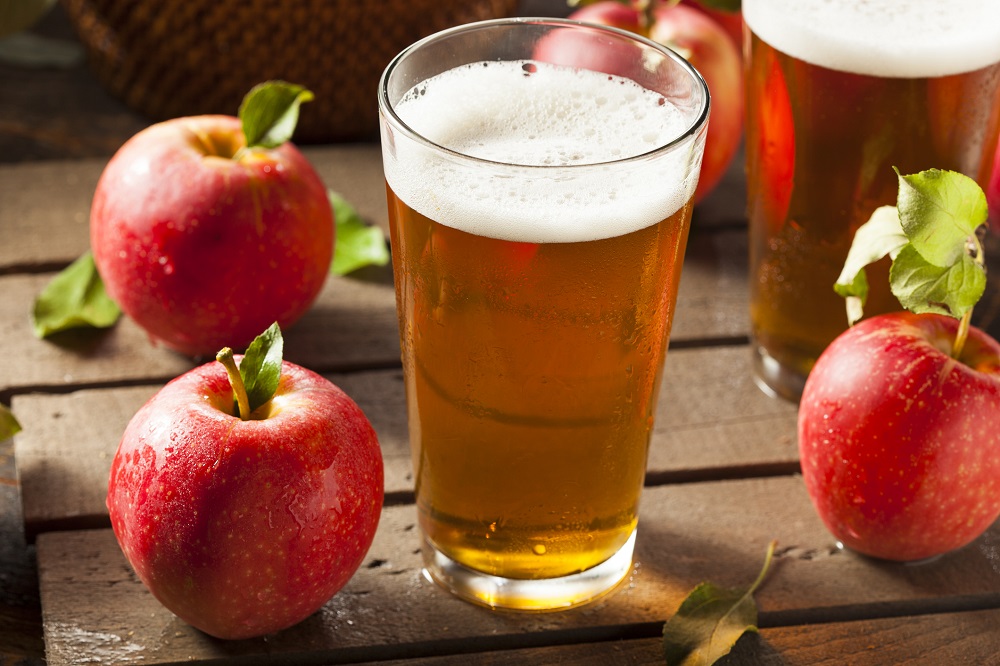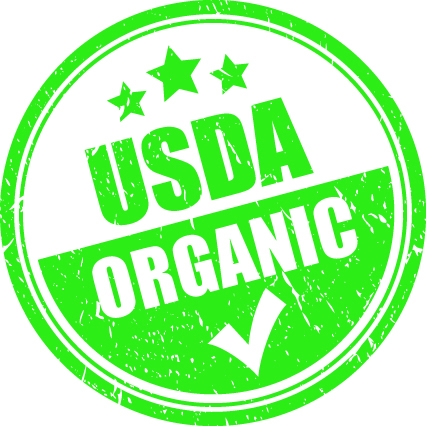Alcoholic Cider and Fermented Fruit Beverages – The Conflict Between Federal and Pennsylvania Law

Act 45 of 2019 amended the definition of “Alcoholic Cider” to limit the definition of products that were produced from apples, apple juice concentrate and water, pears, or pear juice concentrate and water. This new definition aligns well with the Alcohol and Tobacco Tax and Trade Bureau's (“TTB”) regulations for what products can be called “Hard Cider.” Any products made from other fruit now fall under a new definition, “Fermented Fruit Beverages” (“FFB”). FFB’s can be derived from fruit, fruit juice, or fruit juice concentrate and water, with or without flavorings. Initially, all seemed well with these changes, until the Pennsylvania Liquor Control Board (“PLCB”) issued Advisory Notice No. 25.
PLCB Advisory Notice No. 25
Advisory Notice No. 25 was intended to give Limited Winery (“LK”) licensees the ability to distribute their products that meet the definition of malt or brewed beverages (alcoholic cider, mead, and fermented fruit beverages) through Pennsylvania licensed Distributors (“D”) and Importing Distributors (“ID”). In Advisory Notice No. 25, the PLCB states that “the key distinction between alcoholic cider, mead and fermented fruit beverages sold as beer and similar if not identical products that are sold as wine is the decision by the limited winery to market and distribute the products as beer and not wine.” This statement could not be more incorrect as we will discuss below.
Advisory Notice No. 25 further states:
The Board believes that, at a minimum, limited wineries must do the following if they wish to sell and distribute alcoholic cider, mead and fermented fruit beverages as beer and not wine:
-
The product must meet the statutory requirements for mead, cider or fermented fruit beverage found in section 102 of the Liquor Code.
-
Each brand of the product must be registered with the Board as beer set forth in section 445 of the Liquor Code. If the product is subject to a territorial agreement, a copy must be provided to the Board in the same manner as required for all other brands of beer.
-
Once a brand of alcoholic cider, mead and fermented fruit beverage is registered as a beer, it may not be sold or marketed as a wine product.
-
Neither the product packaging nor the marketing materials that are used in conjunction with the sale and distribution of the alcoholic cider, mead and fermented fruit beverage may refer to the product as “wine” “wine cocktail” “wine product” or any similar name.
Taking these requirements individually is important. First, due to the broad nature of the definitions, it is not hard to meet the initial requirement. Second, each brand must be registered with the PLCB Office of Malt Beverage Compliance, which, again, is not a major issue assuming we can meet all other requirements. It should be noted that LK licensees are Article 5 licenses under the Liquor Code, which means they are not required to enter into territorial agreements with ID licenses (wholesalers), and, further, are not subject to the onerous franchise laws that Brewery (“G”) licensees are subject to in their relations with ID licensees. However, an ID licensee may very well request that you sign a territorial agreement and assent to such conditions via contract. However, you must be very careful and take the time to understand how franchise protections may be created by contract. Third, once a product is registered as beer it cannot be marketed as wine, which is not an issue except for as discussed below. Fourth, and finally, the product and packaging cannot refer to the product as “wine”, “wine cocktail”, “wine product” or any similar name. After many discussions with the PLCB Office of Malt Beverage Compliance, this means that if the label says “wine” in any capacity, it will not be approved for registration and cannot be sold to D or ID licensees.
Federal Alcohol Act and Internal Revenue Code
If you are thinking in a silo of Pennsylvania law, none of the above requirements seem to be troublesome. However, as alcohol manufacturers, you are all subject to the TTB Regulations under the Federal Alcohol Act (“FAA”) and Internal Revenue Code (“IRC”). Under the FAA and IRC, there are specific labeling requirements for wine products, which all products contemplated by Advisory Notice No. 25 would be considered generally as various types of “wine”. If you are making a product that meets the FAA and IRC definition of “hard cider” (i.e. primarily made from apple or pears only), you can classify that product on its label as “Hard Cider” and pay the applicable hard cider excise tax rate. However, if your product is not made from apple or pear only, your product must state that it is a wine product on its label to not be in violation of the FAA or IRC. Reading all of this together with Advisory Notice No. 25’s fourth prong, it is clear that any product that does not meet the definition of hard cider under the FAA or IRC is going to be denied for registration because it will say “wine” on the label in some capacity. As you can see, we have a problem due to this major conflict of federal and state law, which the PLCB Office of Malt Beverage Compliance is aware of but is simply doing its job in enforcing the law and regulation as written and directed by PLCB Office of Chief Counsel.
There are some general exceptions to the FAA and IRC labeling rules, including that a wine product under 7% ABV does not need to obtain a Certificate of Label Approval (“COLA”) from the TTB (however, it does need to meet the FDA food label requirements such as an ingredient list and a nutrition panel). The PLCB Office of Malt Beverage Compliance will accept registrations for these products without a COLA but will still require a label to be submitted with a notarized chemical analysis showing the ABV, ABW, and carbonation, if any. However, the lack of a COLA requirement does not mean it is exempt from the labeling requirements discussed above. The real issue involves alcoholic beverages that fall in-between the 7% and 8.5% ABV category. One solution is listing only TTB approved and recognized grape varietals on labels (i.e. Merlot) if the product is made from 75% or more of such grape varietal. We will see how this issue will be resolved by the PLCB or the PA Legislature, because, absent an LK licensee’s product being defined federally as a “Hard Cider”, nothing really changed with regard to their privileges to sell to D or ID licensees.
For information regarding national and state liquor law matters or general manufacturing and distribution advice, please contact our Liquor Law, Licensing, Manufacturing, and Distribution Practice Group: Liquor Law Department Chair Theodore J. Zeller III, Esquire (tzeller@norris-law.com); David C. Berger, Esquire (dberger@norris-law.com) for Pennsylvania and New Jersey retail and manufacturing licensing; or contact our offices at 610-391-1800.




